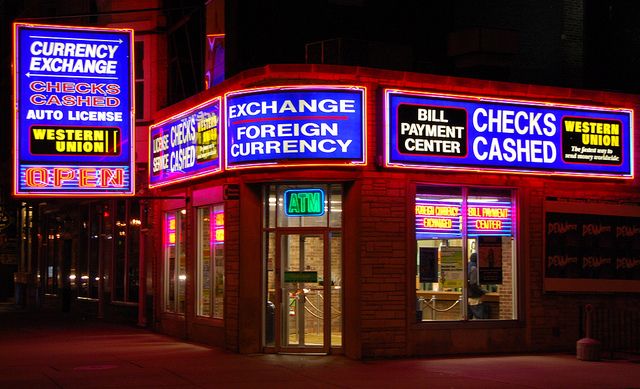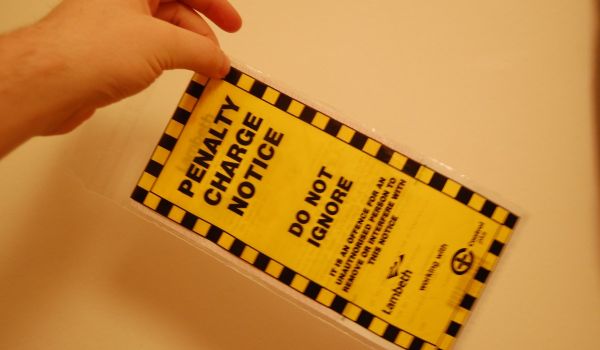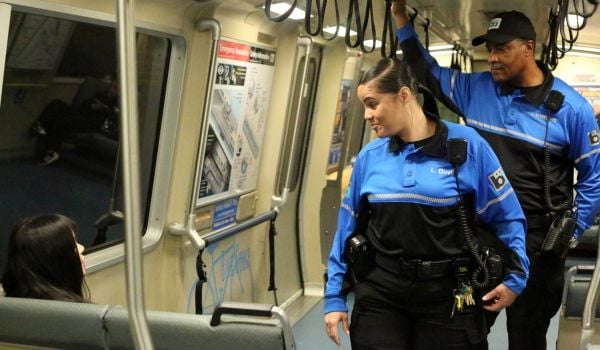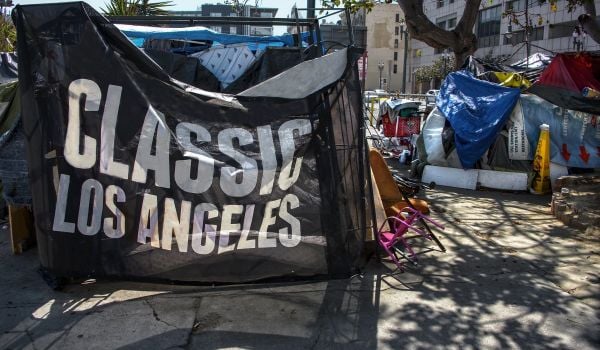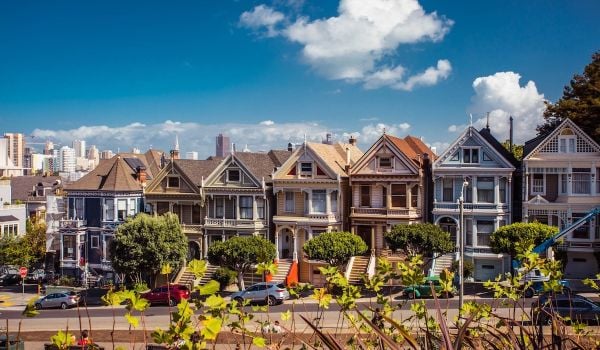There may seem to be ATMs on every corner nowadays, but check-cashing stores still rule the urban landscape. Banking access remains a problem for low- and middle-income families in cities, as more than 35 million Americans rely on pricy alternatives to the local credit union. But two grassroots programs in Seattle and San Francisco have spawned a nationwide effort to give under-banked households affordable banking.
The JPMorgan Chase Foundation has teamed up with the Cities for Financial Empowerment Fund (CFE) for Bank On 2.0, a program to bank the unbanked. In 2005, one in five of San Francisco adults and half of the city’s black and Latino residents didn’t have a bank account, according to the New America Foundation. Unbanked residents said they paid between 2 and 5 percent of their incomes cashing paychecks.
Then-mayor Gavin Newsom and City Treasurer José Cisneros launched Bank On San Francisco with non-profit partners and 15 local banks and credit unions. In its first two years, the program got 10,000 people to join banks. More than 70,000 accounts were open and active within the first five years.
Seattle followed suit in 2007, and in 2010 the White House created a national initiative for unbanked Americans, called Bank On USA, and allocated $50 million to the program. Now, Bank On 2.0 is using a $1.15 million seed grant from JPMorgan Chase and raising matching funds to help CFE tailor a national approach to secure affordable banking in cities.
“Thirty-five million people are managing their finances largely outside the financial mainstream, having to rely upon costly, fringe products and services to cash their paychecks and pay their bills,” Jonathan Mintz, president of the CFE Fund and commissioner of the New York City Department of Consumer Affairs, said in a press release. “This makes it practically impossible to stabilize their family finances, let alone build their futures.”
Bank On 2.0 hopes to remedy that by giving low- and middle-income families access to banking. It’s not a pie-in-the-sky idea, either. Building on the success of Bank On in San Francisco and Seattle, the idea is to create best practices, infrastructure and technical support based off what was learned in the pilot programs. As the New America Foundation wrote in 2011, “The Bank On approach demonstrates wide-ranging, bipartisan appeal. It’s simple to understand, inexpensive to run, and is built on partnerships that can be replicated.”
Of course, JPMorgan Chase has a vested interest in getting people to join banks. (It’s worth mentioning, though, that those who join the Bank On program don’t necessarily have to open an account with that particular bank.) Still, it’s a step forward in creating some financial stability for low-income people, especially in cities. Rather than relying on the check-cashing spot on the corner, more people will have an opportunity for safe, stable banking.
The Equity Factor is made possible with the support of the Surdna Foundation.

Bill Bradley is a writer and reporter living in Brooklyn. His work has appeared in Deadspin, GQ, and Vanity Fair, among others.


